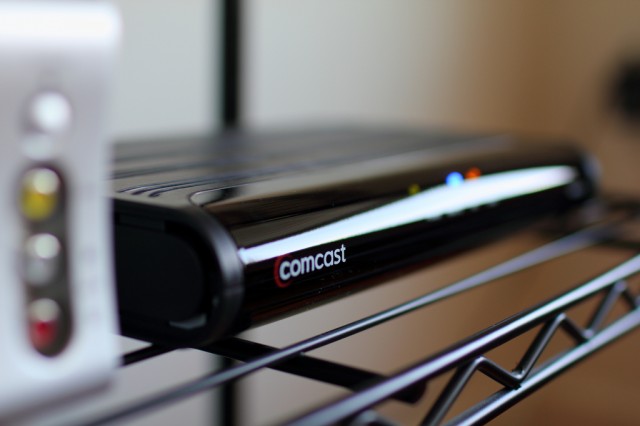
A new survey of the country's top pay-TV providers shows that about 99 percent of US customers rent set-top boxes directly from their providers and pay an average of $231.82 a year in rental fees.
Customers "spend, on average, $89.16 a year renting a single set-top box," or $7.43 a month. But the full price paid by the average household is much higher because "the average number of set-top boxes leased to a household is approximately 2.6," US Senators Edward Markey (D-MA.) and Richard Blumenthal (D-CT) said in a press release announcing the results of the survey.
The senators sent questions about set-top boxes to providers last November and today released a summary of the results and the companies' responses, though parts of the responses were not made public "because of competitive sensitivity." The providers who responded were AT&T, Bright House Networks, Cablevision, Charter, Comcast, Cox, Dish, DirecTV, Time Warner Cable, and Verizon.
"The set-top box rental market may be worth more than $19.5 billion per year," the senators' announcement said. "According to publicly available information, there are approximately 221 million installed set-top boxes that are leased from MVPDs [multichannel video programming distributors, including cable, satellite and telecom operators]. Using this data, the average yearly fee for a single set-top box was multiplied by the total number of set-top boxes leased from MVPDs to determine that the industry generates $19.5 billion in revenue."
Markey and Blumenthal argued that the situation could get even worse because last year Congress "repealed the set-top box integration ban, which enabled consumers to access technology that allowed use of a set-top box other than one leased from their cable company. Without the integration ban, by the end of this year, cable companies will no longer be required to make their services compatible with outside set-top boxes, like TiVo for example, bought directly by consumers in the retail marketplace."
The biggest cable industry lobby, the National Cable & Telecommunications Association (NCTA), disputed the Markey/Blumenthal argument that the expiration of the so-called CableCARD rule will harm consumers.
"In 2014, an overwhelmingly bipartisan Congress wisely enacted legislation that sunset an unnecessary and expensive mandate that saddles consumers of cable leased set-top boxes with high costs and higher energy bills," the NCTA wrote. "And as even TiVo has acknowledged, elimination of the integration ban will not affect the market for retail devices and CableCARDs will continue to be available."
The NCTA did not dispute the senators' findings about what consumers pay in set-top box rental fees.
reader comments
117